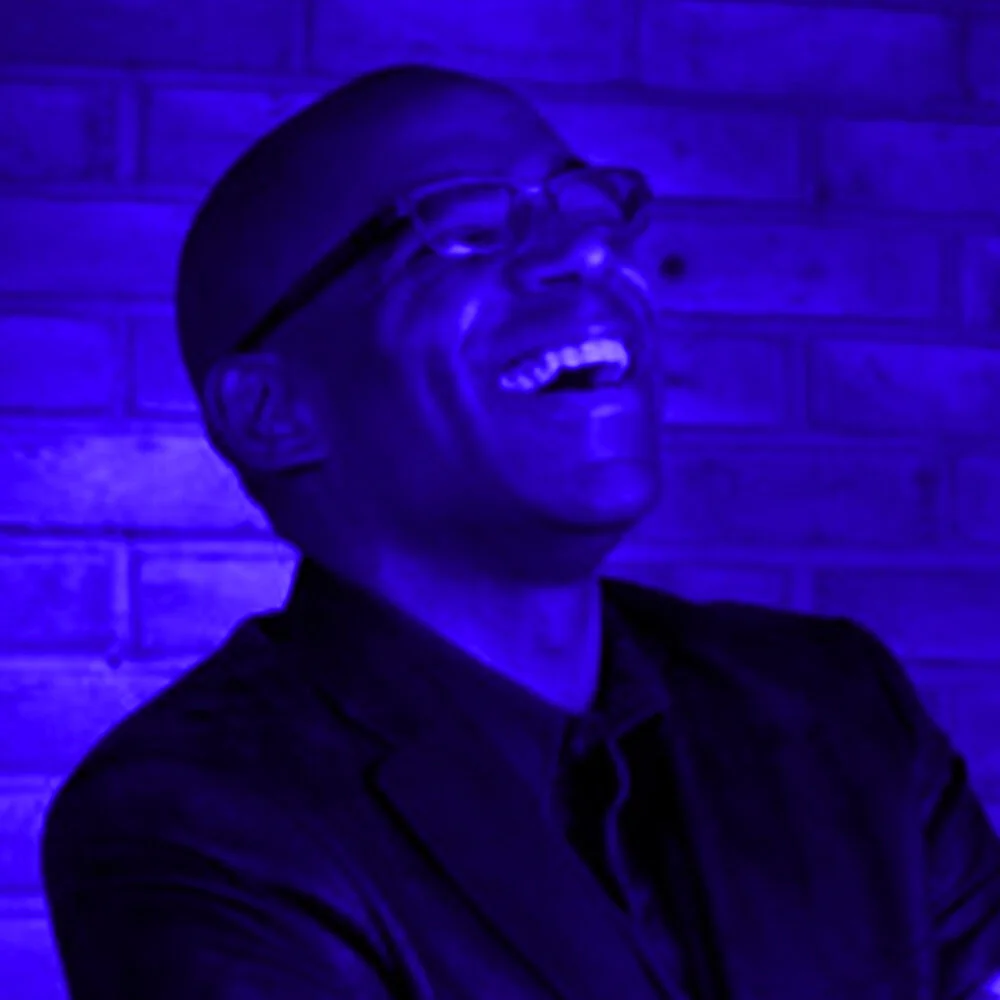REEM BASSOUS
The truth of the matter is that there are some people who are born to be creative and they're going to be artists. And the importance of fostering that is necessary, because if we each fulfill our purpose as humans, then society is better off for it. So in other words, if I had been anything else other than what I have become, I would have only been living up to half of my potential. And so that's really important to address that. I have a lot of students whose parents don't want them to be artists because it doesn't make money, but that means they're only living up to half of their potential because they're truly meant to be artists. And so society needs to shift this understanding on what is important.
THE CREATIVE PROCESS
I was wondering, as you are beginning a work of art, these works on paper, these paintings, what do you begin with. Is it feelings or memories you have or what you would want the audience to experience?
BASSOUS
That's a great question. A lot of the work that I work with is based on my memory as a survivor of the Lebanese civil war.
Beirut is a very layered city, having been destroyed now eight times, it was previously destroyed seven times. And so it was first settled 5000 years ago. So throughout the city, you see these layers of history. You see these Roman excavations.
And so it makes a lot of sense for me to layer the canvas in a certain way, so that as I am layering, I'm also excavating and I'm erasing and I'm digging into the surface. And so there are a lot of things to consider when making an image. I always tell my students, when you're painting, you're not coloring in. It's a lifelong learning experience to understand the material of paint.
THE CREATIVE PROCESS
I'm very interested in memory as well. And it's interesting because if you do speak to people who have not had maybe not even just war experiences, but haven't had traumatic experiences in their youth, they often don't have or they say they don't remember a lot from their childhood. It's interesting, you know, when somebody takes something from you or somebody marks you in a way, then you remember you have a scar you have or psychic scar, metaphor scar. So you were talking about living in the state of vigilance. You are aware, you know, you have to protect yourself. So in some way it can, I think, kind of trains the artistic practice, which is one of noticing and taking in.
BASSOUS
It would be very pretentious of me to say that this is not a cathartic practice. It absolutely is.
And I don't mean for it to be necessarily. But I just remember, for example, I kept having this recurring dream of the shelter that we used to hide in. And it was always the same dream going down the steps into darkness, basically. And finally, I worked for months on this one painting of that exact dream. And then I stopped having the dream. And that was after about 15 years, of having this dream, very, very recurrently. And so it's just interesting, again, you know, there's so much we don't know about how the mind works. I'm certainly not a psychologist to be able to analyze that. But I do remember quite a bit from that time period. I remember almost everything. And I talked to family members and they seemed to have blocked a lot of it out. But I remember quite a bit and I remember things and details down to, for example, how shattering glass looked as it fell. Things, you know, very, very small details tend to stick in my mind.
THE CREATIVE PROCESS
All right. I think there's something that we have been asking people and now I think particularly with the pandemic and also for you being distant from your family in Beirut. Our thoughts are on the future. And we have time now to reflect on how we might work towards giving a better future to the next generation. I know you must think about that. Also with your teaching.
BASSOUS
Yes. I think that there is a struggle that a lot of art teachers are going through nationwide and worldwide. I don't know how it is in Europe, frankly, but in the states, there is much less emphasis on the importance of the arts in public schools, for example, and in universities. So it makes me very sad because the arts and the humanities in general are critical in creating a conscientious society, a feeling society, a society that cannot only achieve but can ethically achieve. And so I think that people constantly underestimate the importance of that. And, you know, we talk about how detrimental binary thinkers can be sometimes. Binary thinkers are the way they are because they don't understand the importance of nuance. And that nuance is often that gray zone is often where the arts lie. And I think that that's such an important aspect of society. I mean, like I said, we don't just need to achieve. We need to achieve with meaning and with heart and with morality
This interview was conducted by Mia Funk with the participation of collaborating universities and students. Associate Interviews Producer on this podcast was Majd Al Whaidi. Digital Media Coordinator is Yu Young Lee. Music was by Ziad Rahbani.




















